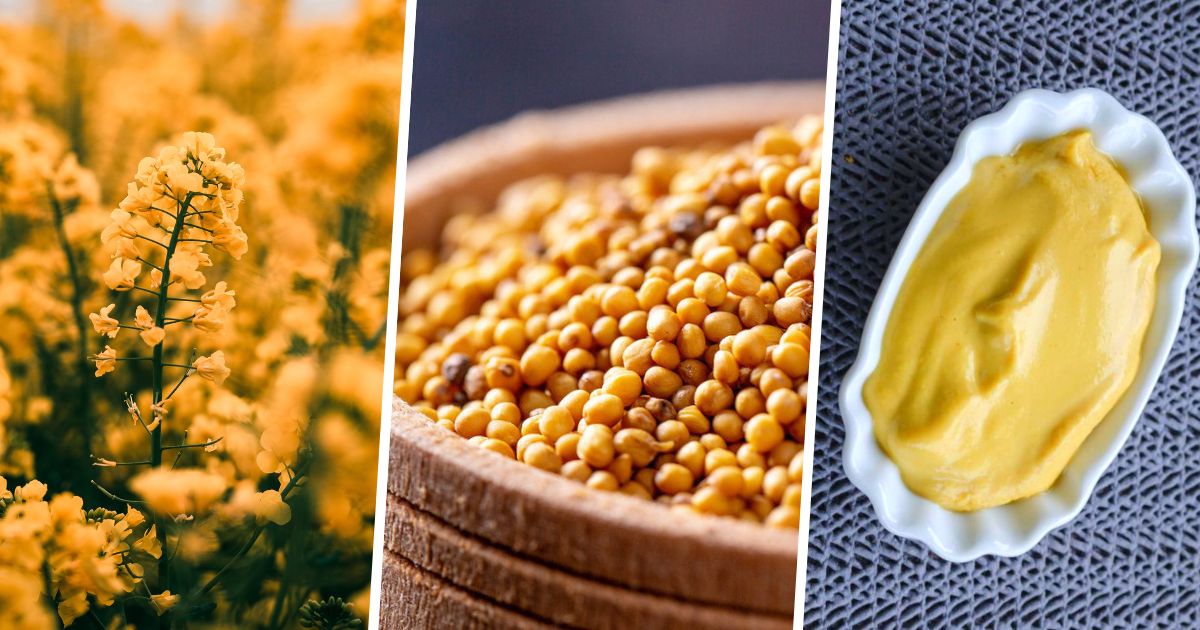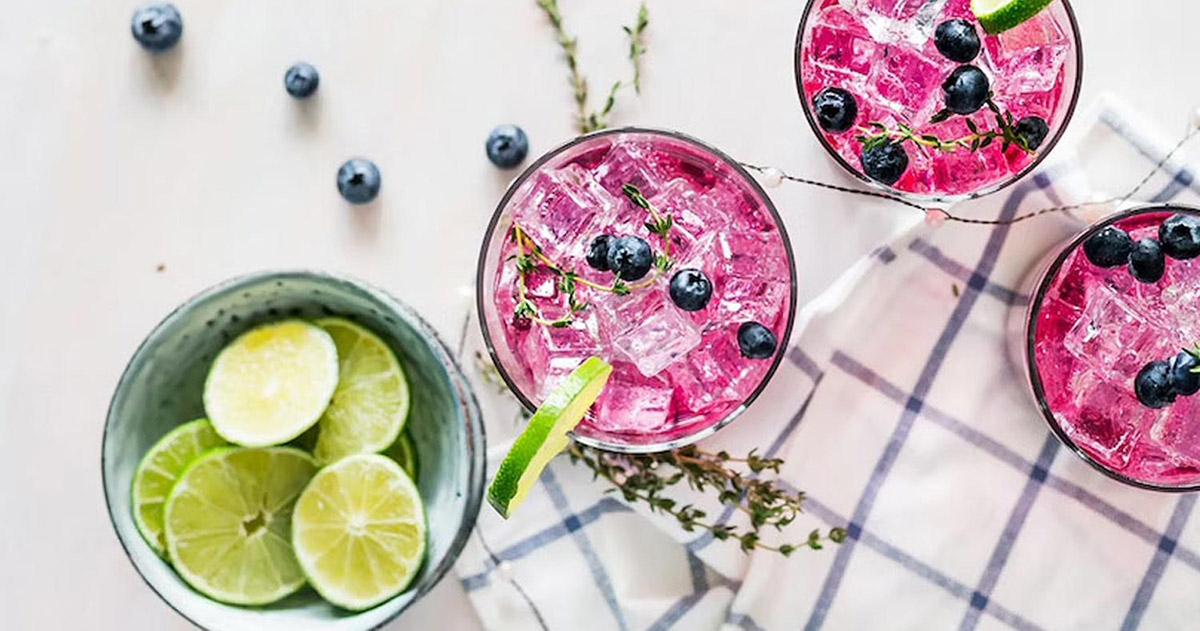More and more people want to avoid conventional sugar for various reasons and therefore turn to healthy alternatives - such as maple syrup. But is maple syrup really that healthy, and is it actually better than sugar? And what about honey - is maple syrup or honey healthier? In our article, we aim to clarify how healthy maple syrup is and whether it can serve as a replacement for sugar and honey.
- Is Maple Syrup Healthy?
- Is Maple Syrup a Healthy Sugar Alternative?
- What's Healthier - Honey or Maple Syrup?
- 11 Ideas on How to Use Maple Syrup
Is Maple Syrup Healthy?
Before we answer the question of how healthy maple syrup really is and how it can have a positive impact on health, let's clarify what maple syrup is and how it's made.
Maple syrup is a thickened liquid obtained from the sap of maple trees. Maple syrup is an extremely popular sweetener and is commonly used on pancakes and pancakes, waffles, French toast, yogurt, ice cream, and other foods and desserts. Typically, maple syrup is produced in Canada and the northeastern United States where maple trees are abundant. In the spring, the sap of the maple tree is collected by tapping the trunk and then boiled down. During this process, excess water evaporates, concentrating the syrup. The color and taste of the syrup vary depending on how long it's boiled. It takes approximately 40 liters of maple sap to produce one liter of maple syrup. Since maple syrup contains essential minerals and antioxidants, it is often considered a healthier alternative to other sweeteners like sugar. Let's take a closer look at how healthy maple syrup really is.
Maple Syrup Provides Essential Minerals and Vitamins
Maple syrup contains important minerals and vitamins that benefit our bodies. A 60 ml serving of maple syrup provides 100% of our daily manganese needs, 37% of riboflavin, 18% of zinc, 7% of magnesium, and around 5% of calcium and potassium. Additionally, maple syrup supplies us with essential Vitamin B, which is crucial for metabolism, blood formation, nerve function, and immune system support. However, it's essential to note that we would need to consume a significant amount of maple syrup to fully meet our mineral requirements, as maple syrup contains relatively low levels of minerals. This means that maple syrup can contribute to a healthier diet when used in addition to a balanced diet.
Maple Syrup Keeps Us Healthy with Antioxidants
Maple syrup is not only a healthy sweetener but also rich in antioxidants that help our bodies combat free radicals. Free radicals are molecules that can damage cells, contribute to many diseases, and cause inflammation. Maple syrup contains over twenty phenolic compounds in total, which intercept and neutralize oxidative effects.
In addition to these benefits, the antioxidants in maple syrup also support the absorption of sugar. Compared to regular table sugar, maple syrup has a lower glycemic index. This means that our bodies can absorb the sugar it contains more easily without triggering a strong insulin response. For this reason, maple syrup can also be consumed in moderation by individuals with diabetes.
By the way, did you know that dark maple syrup contains even more antioxidants than the light variety? A study has shown that the antioxidant content increases with the darkness of the syrup, making dark maple syrup an even healthier choice.
Maple Syrup Has a Low Glycemic Load
The glycemic index (GI) and glycemic load (GL) measure how carbohydrate-containing foods affect blood sugar levels. The lower the glycemic index, the less and slower blood sugar rises. While the glycemic index indicates how much carbohydrates raise blood sugar levels, the glycemic load deals with the amount of carbohydrates consumed. Therefore, experts consider the glycemic load as a relevant parameter.
According to the Glycemic Index, the glycemic load of maple syrup is 43.5. Compared to glucose, which has a glycemic load of around 94, dark corn syrup with a GL of around 89, and even honey, which has a glycemic load of approximately 46, maple syrup is a healthier alternative.
Is Maple Syrup a Healthy Sugar Alternative?
The question of whether maple syrup is a healthy sugar alternative becomes redundant if you've read the text attentively up to this point. Let's summarize the key points for you. Maple syrup is healthier than sugar because, in comparison, it:
- Has a lower glycemic load, causing blood sugar to rise more slowly and evenly.
- Contains a variety of antioxidants that can combat free radicals in the body.
- Supplies us with more minerals like potassium, calcium, iron, and zinc.
- Is a pure, natural product that doesn't require heavy processing.
But that's not all. When examining the nutritional content, you'll quickly find that maple syrup, at 260 kcal per 100 g, has about 33% fewer calories than sugar, which has 387 kcal per 100 g. Therefore, maple syrup can even support weight loss if you don't want to completely forgo sweeteners and consume maple syrup in moderation. Furthermore, compared to other sweeteners like honey or agave nectar, maple syrup has a lower fructose content. Excessive fructose consumption can lead to health issues such as obesity and insulin resistance.
Also, nature benefits when we choose maple syrup over refined sugar. Maple syrup is harvested from trees without the need to cut them down. Typically, these trees can be tapped for several decades as long as they are properly maintained. To prevent harm to the trees, there are strict laws and regulations in place as part of their proper maintenance, subject to rigorous oversight. In contrast, sugar cane is often grown on large plantations, which can have negative environmental impacts.
By the way, numerous specialized magazines like BBC goodfood or Maine Maple Producers recommend natural maple syrup and explicitly discuss the benefits of "liquid gold" for health in their articles. Even best-selling author Anthony William, the mind behind Medical Medium, prefers maple syrup when choosing a sweetener.
What's Healthier - Honey or Maple Syrup?
Maple syrup and honey are two popular natural sweeteners used in kitchens around the world. Both have their unique flavors and characteristics, but when it comes to health, maple syrup might have the upper hand. Compared to honey, maple syrup has fewer calories and less sugar per serving. Also, as mentioned earlier, maple syrup has a slightly lower glycemic load than honey, making it a better choice—especially for people with diabetes or insulin resistance. Please note that you should still enjoy maple syrup in moderation and consult a doctor if in doubt. People with allergies to certain plants or pollens may potentially be allergic to honey. In this regard, maple syrup, which contains no allergens, is the significantly better option. Additionally, maple syrup has a slightly higher content of antioxidants compared to honey, which can provide better protection against cell damage caused by free radicals. Occasionally, beekeepers may use antibiotics to treat diseases in bees, which can result in antibiotic residues in honey. In contrast, maple syrup is obtained naturally, without any such residues. Regarding nutrient density, maple syrup also scores slightly better. Minerals and trace elements such as potassium, manganese, and zinc, which are more abundant in maple syrup, are important for a healthy diet and can protect the body from diseases and ailments. Furthermore, maple syrup has less fructose compared to honey, making it a healthy alternative—especially for people with sensitive digestive systems or fructose intolerance. Last but not least, honey, when compared to the pure, natural, and plant-based maple syrup, is an animal product and is not suitable for people following a vegan diet.
11 Ideas on How to Use Maple Syrup
Now that we've clarified the health benefits of maple syrup, let's provide you with some recipe ideas on how to use and incorporate maple syrup in your kitchen. What dish comes to mind when you think of maple syrup? You probably think of "pancakes and waffles." While that's completely correct, maple syrup can do so much more. Be sure to try it with:
- French toast
- crispy bacon
- yogurt and oatmeal
- baked beans (very popular in North America)
- as a marinade or glaze for grilled meats
- as a topping for ice cream
- sweetening tea or coffee
- baking muffins, cakes, and cookies
- roasted vegetables or potatoes
- in salad dressings
So, not only can maple syrup be the healthier choice compared to honey and sugar, but it's also a versatile ingredient in the kitchen, adding a delicious, distinctive flavor to a variety of dishes and meals. Why not give it a try and see for yourself? In our shop, you'll find a wide selection of flavors and variations of perhaps the purest maple syrup in the world by Crown Maple!




